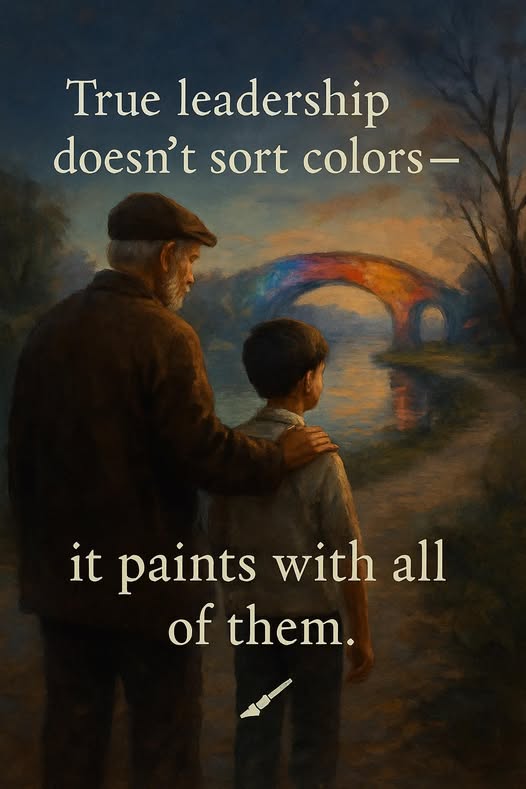
(Mockup 2-How does a leader handle being challenged? Does he retaliate, manipulate, or elevate the conversation?)
The classroom had been restructured again. A large banner across the board read:
“Round Two: Campaigns and Coalitions.”
Emil stood by his desk, skimming through his notes. He had spent the night refining a speech on fairness, inclusion, and responsible power—guided again by the quiet echoes of his grandfather’s stories.
But something felt… different.
The murmurs in the room weren’t about Emil.
They were about Lara.
Lara had charisma. She didn’t need notes.
She didn’t walk to the podium—she claimed it.
“Let’s be honest,” she began, looking directly at Emil.
“Some leaders want to erase our differences.
They say they want unity—but unity by blending us all into gray.
I say—let’s draw the lines.
Let’s protect our own. Let’s give more to those who give more.
Let’s stop pretending everyone is equal when clearly—they’re not.”
The room buzzed.
She hadn’t just taken the stage. She had drawn a line in the sand.
Emil watched, feeling his hands curl slightly into fists.
Lara’s words were wrapped in power, emotion, and simplicity.
And it worked. Several classmates nodded. Some clapped.
That evening, Emil walked with his grandfather along a narrow path by the river. He was silent for a while before speaking.
“Grandpa…is it wrong to want to fight back?”
His grandfather looked ahead.
“Do you remember the story of the man who planted roses at the edge of his enemy’s land?”
Emil nodded. “His enemy thought it was a trap, but it was just… beauty. He refused to return hatred.”
His grandfather stopped, placing a hand on Emil’s shoulder.
“Lara draws lines. She’s skilled. But a leader is not a sketch artist. A leader is a bridge builder.
If you answer with anger, you draw her lines deeper.
But if you plant roses where she digs trenches…
you invite something greater.”
Emil looked down.
“It’s hard.”
His grandfather smiled.
“If it were easy, anyone could do it.”
The next day, Emil approached the podium quietly.
“My opponent is right about one thing. We are different. But those differences aren’t threats—they are colors.
And a just leader doesn’t sort colors into categories—he paints with all of them.”
The room was quiet.
One voice began to clap. Then another.
The applause wasn’t thunderous. But it was sincere.
It didn’t drown out dissent—but it lifted the conversation.

